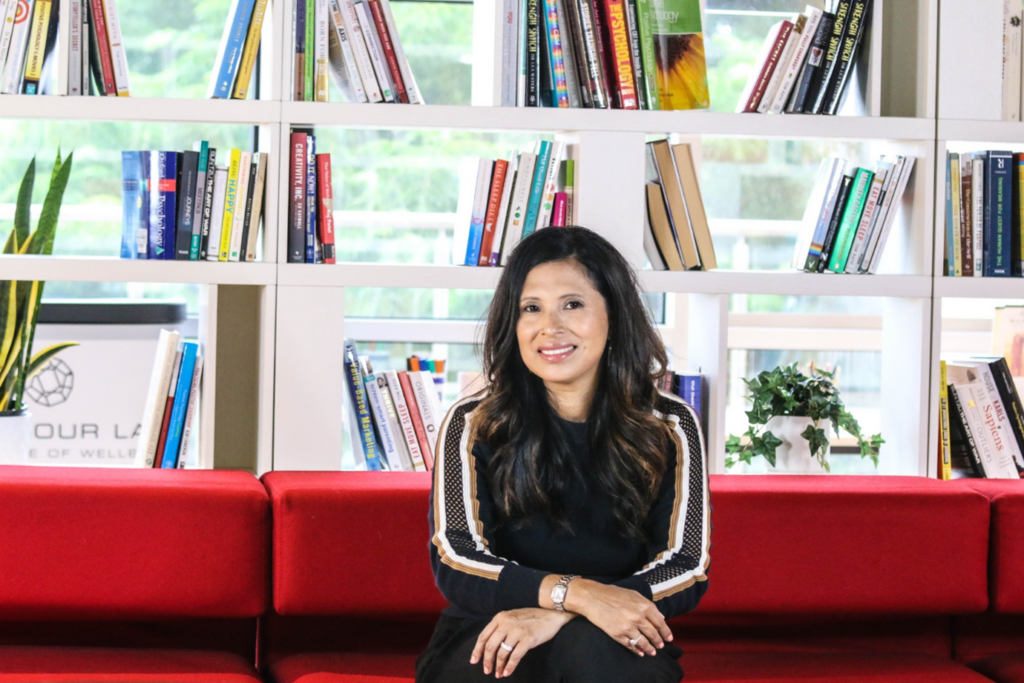Young adulthood is a time of life that’s filled with uncertainty. Leaving the consistency of high school to venture out into the world and figure out what’s next can be daunting, and for lots of young Australians, it’s a time of life when feelings of isolation and loneliness can creep in.
For 25-year-old Gemma Moran, there are good days and bad days when it comes to feeling lonely.
“I have a great and supportive group of friends, but conflicting schedules and budgets mean we don’t catch up as much as I’d like,” says Gemma, who notes the cost of living crisis has impacted her social circle quite heavily.
“Friends are needing to work more and spend less money, so it’s rare we will have a social night out like we did before.”
Indeed, the latest Medibank Loneliness Population Index tells us that Australians who are classified as “young and free” and are yet to settle down with partners and children of their own, are the most at risk of loneliness. And for young people who live at home with their parents, feeling lonely is often a concern.
For Gemma, living with a chronic illness enhances her feelings of loneliness because it means she often has to cancel plans or can’t regularly keep up with the pace of her friends. And despite valuing her independence, she would like to experience more consistent social connection.

Lela McGregor, a positive psychology coach and CEO of Highway Foundation, works with young people every day and says there is still a massive stigma attached to loneliness.
“The number one reason that young people come and see us at Highway is that they are terrified for the future – and two, they don’t know who they are,” McGregor tells Women’s Agenda.
“It’s not often that society recognises young people are experiencing loneliness because there’s such a stigma attached to it.”

Meanwhile, 40 per cent of women surveyed in the Medibank Loneliness Population Index said they didn’t want to burden others by seeking support for their loneliness. This statistic points to a big social problem facing Australia – a loneliness epidemic that we need to address.
McGregor suggests helping young people connect with themselves and those around them is the key to creating change.
Alongside seeking support from a medical professional like a GP or psychologist, Mcgregor says we should also look at a “social prescription” that supports young people to connect with their community.
“We want them to connect to themselves and feel confident about themselves and therefore be able to connect and have the confidence to go out in the world to do what they want to do, and make true, authentic relationships,” McGregor says.
And while loneliness is an issue facing a broad range of people, it is something that is impacting young women in a unique way.
Head of Clinical Practice at headspace, Nicola Palfrey, notes that in headspace’s latest national youth survey, young women aged 18-21 were found to experience loneliness more than any other age group of young people.
“This stage of young adulthood can be a difficult time, marked by major life changes, and young women in their late teens and early twenties are doing many things for the first time. They’re gaining greater independence, leaving school, moving out of home, and beginning further education or a career, while some could be thinking about starting a family or travelling overseas for the first time,” Palfrey says.
“These are all major life transitions, which can feel exciting and full of potential, but they can also feel overwhelming and stressful.”
So how can we build social connections for young women?
Patti Burton, 26, has just moved from Sydney to London and says connecting with her friends and family is not as easy as it used to be.
“I’ve just moved my life across the world away from most of my family and friends. I’m lucky enough to have a couple of friends here and my partner as well, but I am thinking about loneliness more than I used to,” she explains.
“Organising catch ups and zoom calls it’s not as smooth as it was back in Sydney. I’m a bit apprehensive about possibly feeling a lot of loneliness whilst being over here, especially working from home most of the time.”
Patti says small things, like going to the same gym class each week with the same people, and getting involved in climate justice volunteering has helped her to feel connected to others when feelings of loneliness creep in.
“Finding a community that you feel comfortable and safe and passionate about is really important… It really gave me a sense of purpose and camaraderie with people that I’m working or volunteering on something with,” she says.
Nicola Palfrey from headspace says she would encourage young women to explore how they can create connections and “get into life”.
“Studies have shown that young women are less likely to engage in community sport, which can be a great way of routinely catching up with mates when you leave school. Volunteering in your local community, checking out groups at your university or work, exploring any clubs that focus on a hobby you enjoy, or getting in touch with your local headspace centre are all ways you can grow your network,” Palfrey says.
“Coping with loneliness can be tough. Although it can be hard reaching out to others to let them know what you’re going through, it can help you feel supported, less isolated and it can be the beginning of a valuable support network.”
To learn more about Medibank’s commitment to reducing loneliness head to We Are Lonely | Medibank.
About the research
Research commissioned by FiftyFive5 on behalf of Medibank. Research was conducted in July 2024, among a sample of (n=4,131) Australians.
If you need to speak to someone now, you can reach Beyond Blue on 1300 224 636 or call Lifeline on 13 11 14.

